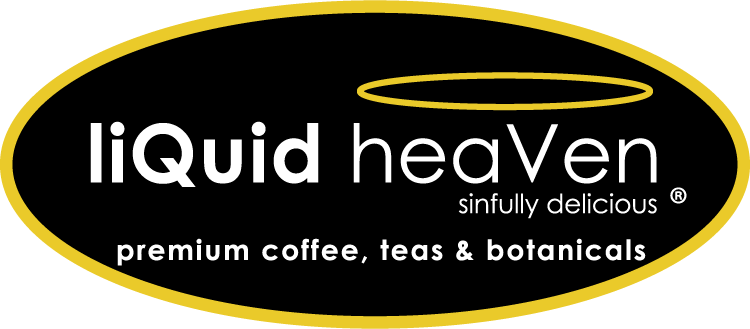Gourmet Coffees Cost Only Pennies Per Cup for Premium Coffee When Brewed at Home From Fresh Roasted 100% Grade A Arabica Beans
Gourmet Coffee drinkers have become accustomed to paying $2 or more per cup for fresh brewed coffees at Premium coffee houses and many sources are predicting those prices may increase to as much as $4 per cup soon due to expected increases in green coffee prices.
Smart gourmet coffee consumers have long known that premium coffee brewed at home costs just 12 cents or less per cup, depending on preferences for coffee strength.
Many coffee producers recommend starting with 1 tablespoon of fresh ground gourmet coffee beans per standard 6 ounce cup of water. Starbucks recommends double that amount for stronger coffees at 2 tablespoons per 6 ounce cup.
A pound of gourmet coffee (that is 16 Ounces or 1 Lb.) divided by 1 1/2 Ounces comes to roughly 10 pots of 10 cups (6 Ounce cups) equaling 100 cups for the cost of one pound of gourmet coffee beans.
At the average of 1.5 tablespoons per 6 ounce cup and average size of 12 ounce coffee mug, you can expect 50 cups of home brewed coffee per pound of gourmet beans!
Prices of premium gourmet beans range between $12 and $18 per pound, making a cup of home-brewed gourmet coffee, made fresh to your liking, cost only between .12 cents and .25 cents per cup!
Even the rarest and most expensive coffee sold, the exotic Kopi Luwak, at $175 per pound, is still less than $1.75 per cup when brewed at home!
Gourmet coffee consumers rarely consider the cost of their daily coffee in terms of how much it would cost to brew at home with prices of a pound of gourmet coffee beans versus a three cup a day coffee drinking habit at premium coffee house prices.
~~Sherrill~~
the gourmet coffee snob sez
Always Drink Better Coffee
SpotaJava Coffee
Gourmet Coffee drinkers have become accustomed to paying $2 or more per cup for fresh brewed coffees at Premium coffee houses and many sources are predicting those prices may increase to as much as $4 per cup soon due to expected increases in green coffee prices.
Smart gourmet coffee consumers have long known that premium coffee brewed at home costs just 12 cents or less per cup, depending on preferences for coffee strength.
Many coffee producers recommend starting with 1 tablespoon of fresh ground gourmet coffee beans per standard 6 ounce cup of water. Starbucks recommends double that amount for stronger coffees at 2 tablespoons per 6 ounce cup.
A pound of gourmet coffee (that is 16 Ounces or 1 Lb.) divided by 1 1/2 Ounces comes to roughly 10 pots of 10 cups (6 Ounce cups) equaling 100 cups for the cost of one pound of gourmet coffee beans.
At the average of 1.5 tablespoons per 6 ounce cup and average size of 12 ounce coffee mug, you can expect 50 cups of home brewed coffee per pound of gourmet beans!
Prices of premium gourmet beans range between $12 and $18 per pound, making a cup of home-brewed gourmet coffee, made fresh to your liking, cost only between .12 cents and .25 cents per cup!
Even the rarest and most expensive coffee sold, the exotic Kopi Luwak, at $175 per pound, is still less than $1.75 per cup when brewed at home!
Gourmet coffee consumers rarely consider the cost of their daily coffee in terms of how much it would cost to brew at home with prices of a pound of gourmet coffee beans versus a three cup a day coffee drinking habit at premium coffee house prices.
~~Sherrill~~
the gourmet coffee snob sez
Always Drink Better Coffee
SpotaJava Coffee








